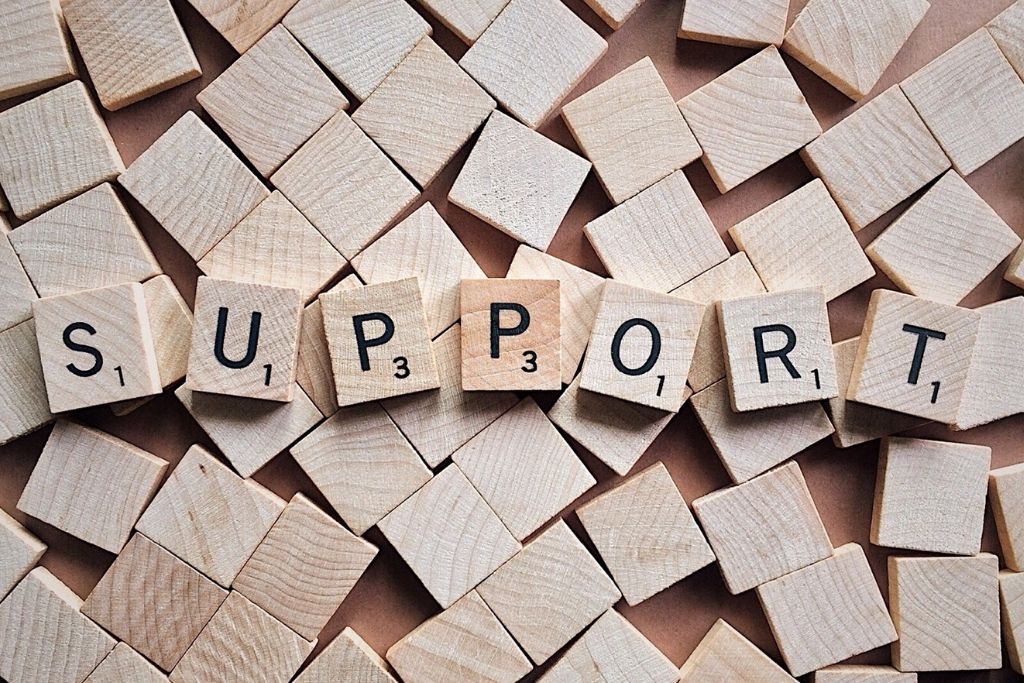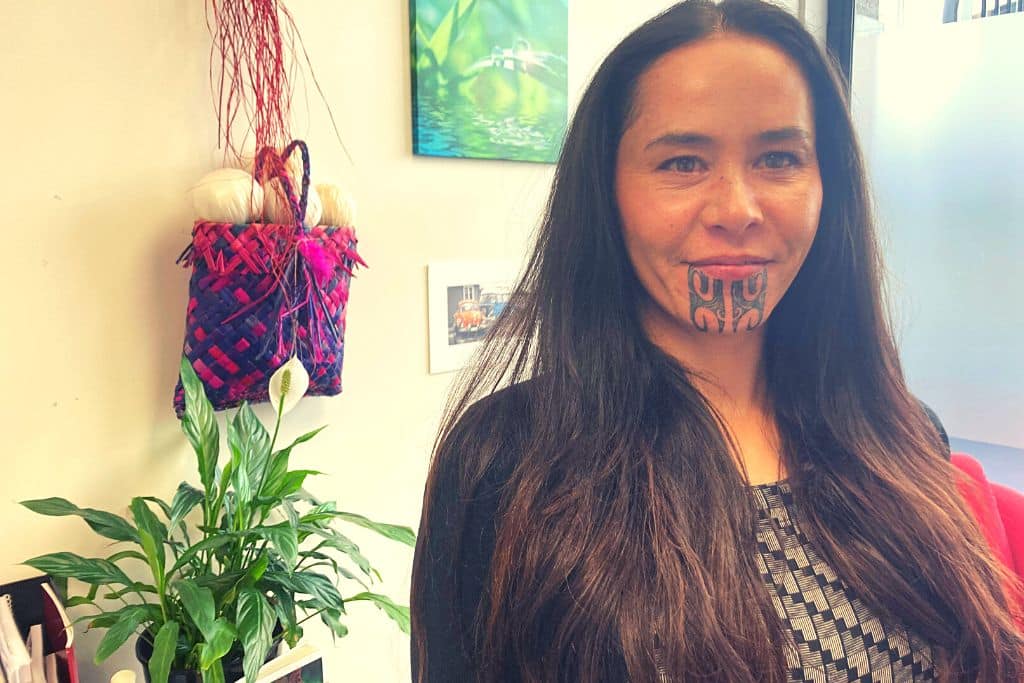
Today's expert is Stephanie, General Manager of LINC Support Services (which covers mental health and addiction) based in Tauranga.
=============
Mrs D: How do you come into contact with people who have a problem with alcohol?
Stephanie: People with mental health and addiction issues are referred to us by the DHB for treatment, because it's been recognised that in many circumstances they will keep struggling to manage their lives unless they receive proper support and education.
Mrs D: Do you find there are often other underlying issues behind the alcohol misuse?
Stephanie: Definitely. A common saying we use is “what is wrong with the way you feel sober that you want to change it?” It is important to understand the drinking in context; when, where, and why a person is drinking. Also to identify from the person’s perspective how they see their drinking, - do they think it is an issue and do they think it has affected any aspect of their lives at any time? Often alcohol is used as a way of ‘self-medicating’ through problems and issues, anxieties etc. by the person.
Mrs D: How can you help people to understand that their alcohol use is contributing to their overall feelings of wellbeing?
Stephanie: A problem is only a problem if it is a problem. In order to identify its impact on a person’s wellbeing, it is necessary for staff to get to know the person, develop a relationship with them and identify if there is or isn’t tangible evidence that it is having a negative impact on them. We endeavour to educate people about their alcohol use using a holistic approach (more on that below).
Mrs D: Do you experience a certain amount of push-back from people when you suggest they stop drinking?
Stephanie: We often see people who are pre-contemplative or contemplative. Pre-contemplative is those who do not believe it is an issue and have no plan or desire to change anything, and contemplative is those who realise it is causing issues and just don’t know what to do to change it or have not yet explored change. It’s important we as workers keep the lines of communication open and be careful not to put a label to it. We look for motivating factors for change, for example, when has it been a problem? Do others think you have a drinking problem? Have you had a DIC? Problems at work? We look at patterns of binge drinking, whether sporadic or regular. We often see people that do not wish to address their drinking yet by time we meet them, their lives are in turmoil. In this circumstance we support them to set up systems to support change. For example rent paid from source, staff at the home each day assisting with life skills, going grocery shopping with them on pay day to avoid spending grocery money on alcohol etc. looking at what they are doing before they drink and what could they do differently, break the routines. Look at new and supportive social groups, hobbies and interests to help with the loneliness they often feel when they are moving away from supports that encourage drinking.
Mrs D: Do you think it's hard for many people to envisage their life with no alcohol in it?
Stephanie: I think people often do envisage life without alcohol believing they can stop any time. The reality is much harder. Usually they reach a life crisis before they will enlist support to make changes.
Mrs D: How can you help them see the benefits of living sober?
Stephanie: We set goals, plan for the future. We ask "what stops you from achieving those goals right now?"
Mrs D: What sort of treatments do you provide for people who are struggling with addiction?
Stephanie: We use specific screening tool to help people with co-existing problems identify whether their alcohol use may be problematic and impacting on their health, work and personal relationships. Using the AUDIT screen with the clients permission we are able to ascertain where the client sits with their consumption, social, hazardous or harmful use. A brief assessment (usually where the underlying issues are identified) is completed and feedback given, offering brief advice such as low risk drinking advice for adults as promoted by the HPA. This takes approximately 20 minutes and may be all the motivation a person to make the connection and promote change. We are able to identify if a person needs a more comprehensive assessment and intervention and in those cases we'll support them towards the appropriate resources.We have a menu of options to offer for addiction treatments here in the Bay of Plenty. As far as push-back is concerned it's all in the delivery. Self-identification is a positive thing.
Mrs D: Tell me about your 'Wellness Recovery Coaches"?
Stephanie: At LINC we do not focus on ‘sickness’ or ‘deficits’, we focus on wellness and embracing peoples strengths. Our Wellness Recovery Coaches work with this strengths based approach and walk alongside clients each day assisting with tasks and goals that have been identified in collaboration with clients. Our Wellness Recovery Coaches are all skilled and experienced with training in the mental health and addictions sector, from a range of relevant disciplines. The Wellness Recovery Coach will mentor, coach, model and encourage clients on a daily basis to make the changes they have identified as being pivotal to improving their health outcomes.
Mrs D: How important is it to consider a spectrum of needs for each client (spiritual, mental, social and physical)?
Stephanie: Very important that services work in a holistic way. Each element of a person’s life affects the other. You cannot have good mental health if you do not have good physical health for example. We work closely with the Maori model, Te Whare TaPaWha and this guides all our assessment processes. This model provides an analogy of a person’s need being similar to a house. Each area, spiritual, mental, physical and social represents a wall of the house. Each wall has to be strong to hold up the roof. During assessment process we look at all aspects of a person’s holistic health as we develop plans and identify areas that need strengthening. This is fundamental to all that we do.
Mrs D: How important do you think it is for clients to be in charge of their own recovery plan? How beneficial is self-empowerment?
Stephanie: If the client is not in charge of it, they will not engage in the change and you are more likely to have ‘push back’. It always has to be the clients goals, not our own. In order to ensure this is the case we need to be very flexible in the development of the plans, recognising each person as an individual and the approach will be quite different form one to the next. We have to think outside the square. It is important also to recognise and embrace and applaud the smallest of steps forward. At times workers can get lost in the process too, but by taking a step back and looking at the client's journey from the start, you can see where the positive changes are as they are not always as apparent from one day to the next. A relapse is not a failure, we can learn from it. As therapists, we must ensure that clients are able to take ownership of their wins and of their relapses. In doing that they are able to take ownership of the way forward.
You can read a newspaper article about Stephanie's service here.








Hi, I am a 16 year old girl with bipolar 2 disorder. I have been on 2 different medications since my first appointment 6 months ago. The first psychiatrist told me that I have an overactive imagination and put me on Lorien tablets for depression and OCD. I am currently on Dyna Lamotrigine.
For as long as I can remember and even before that I have had a severe fear of the dark. I would sleep with my light on and curtains stuck to the wall to keep all the darkness out. (It is better when I am not alone). I always feel like someone is watching me, following me, waiting to devour me whole. I see thing in the shadows and darkness everywhere. I see shadow wolves in the kitchen at night when the lights are turned off. They wait in the shadows and follow me. When I exit the kitchen, I always run because they will catch me and drag me into the shadows. Some nights when I get home late and the kitchen lights are off, I don’t eat even if I am hungry, because I am scared to go in there.
In my bedroom, I feel someone or something watching me. I feel like there is a pitchblack shadow demon waiting to pull me through the closed window into the night. Darkness hovers around it and follows it.
I have a specific routine I follow every night. I fold my covers back, walk into the hall and adjust the light. I walk back to my bedroom, open the door as wide as it can and switch off my light. Then I slide in under my covers and cuddle my frog hotwaterbottle. I first lay on my left side and sort through the day’s events or think about the mysteries of the world and what is going on in my mind. I have a specific prayer I say every night, including one for protection through the night. I feel like I am being attacked from the start of the prayer, until I finish. The shadows grow and the demons reach out. I feel better after the prayer. Then when I am ready to sleep, I turn and lay in my right side in a tight bundle. (Oh, I used to be a sleepwalker)
I always have to be asleep by 10pm. If not, my mind runs away with me and everything get much worse. My mind turns against me and I lose controls of my thoughts. If I stay awake after 10, I have to keep myself completely occupied with all the lights on until I eventually pass out. I drink up to 3 rescue tablets If I struggle to fall asleep or if I stayed up too late.
I catastrophize almost everything. I have a lot of panicked attacks as a result of this. I rarely see things during the day. I recently saw a dark, slightly see-through butterfly bigger than both my hands. It disappeared after a few seconds. I have seen water as blood while in the shower once. I have heard someone (an unearthly voice) yell “Death” outside my window one night while I was in bed.
I have dreams that I believe are real. I have once had a dream where my life continued for 2 years. I believed it to be true for weeks until I made a reference to something in the dream and my friends all looked at me as if I had two heads. I often struggle to tell the difference between dreams, imagination, fantasy and reality.
I see things before they happen sometimes. I also see things that did happen. I can see my brother just before he died, but I wasn’t there and I was only a year old. I can remember what he was wearing, down to the colour and cut if his sweatpants and where he was exactly. My mother confirmed it all. Some of my own memories are warped. I remember 2 versions of many of them. I cannot tell which is real and which is fake. It scares me because I don’t know if any of my memories are real. I see the memories of other people as well, sometimes. Only the things that have a significant impact on their lives. Usually just bad things.
My mind works differently than other people’s minds. I think deeper and see more. I am extremely intelligent, but not schoolwise even though I am a straight A student without any additional effort on my side. People bore me to death. I fake ignorance just to make things more interesting. I test people often without them even realising. I am not like other people. I sometimes wonder whether I am human. What is wrong with me? (I am sorry, btw, because this is not about addictions, but I can’t find anyone else to answer and I need to know)